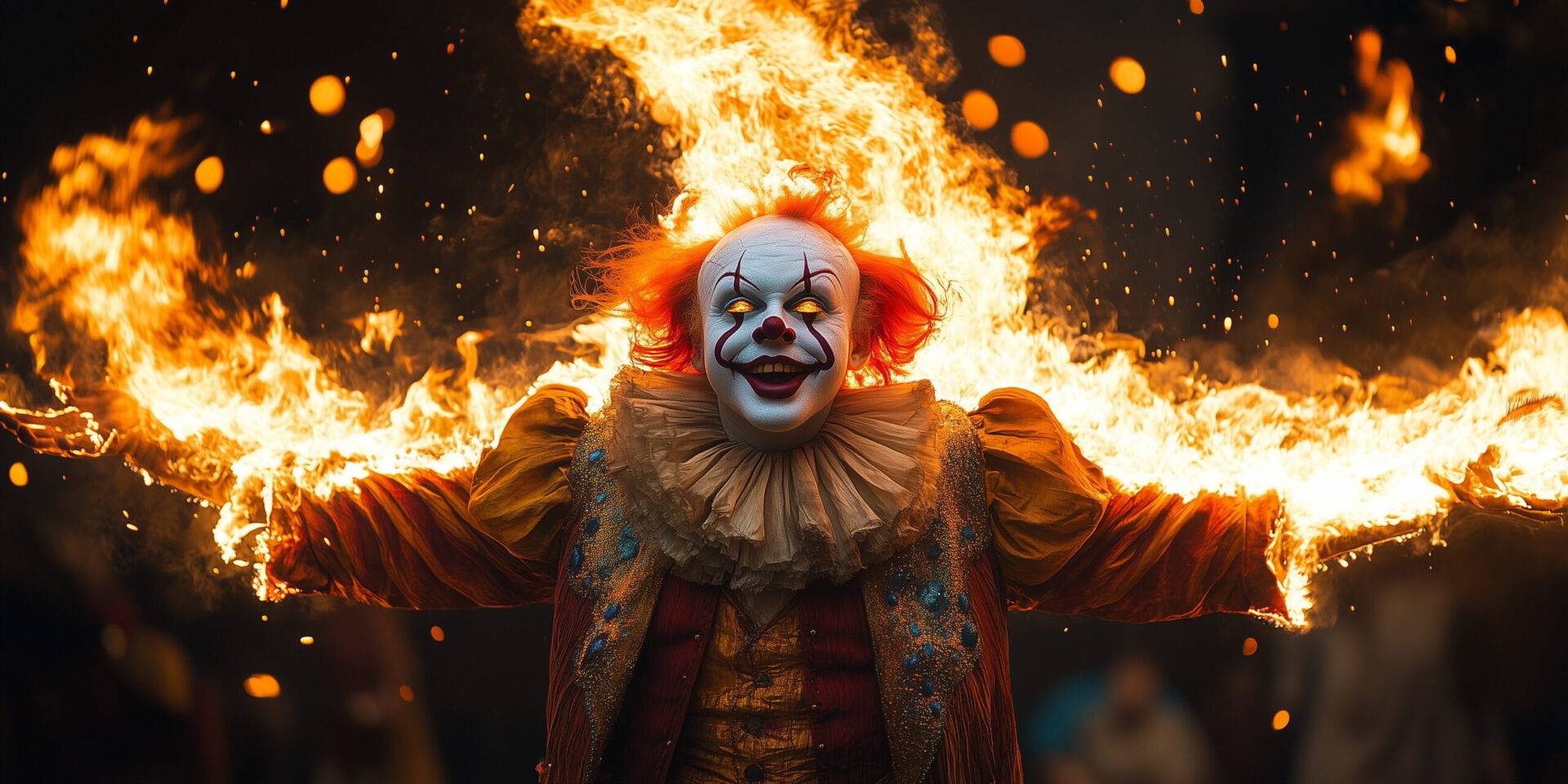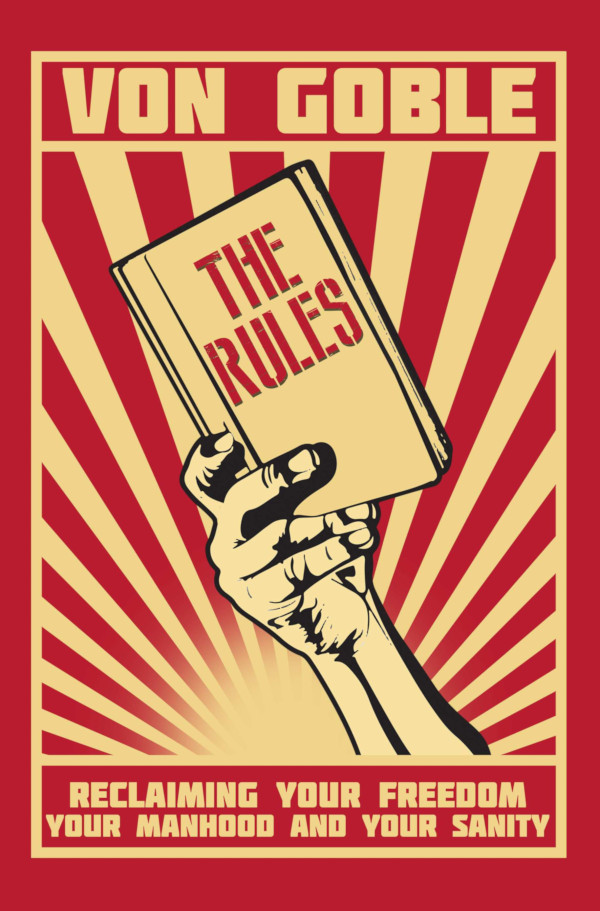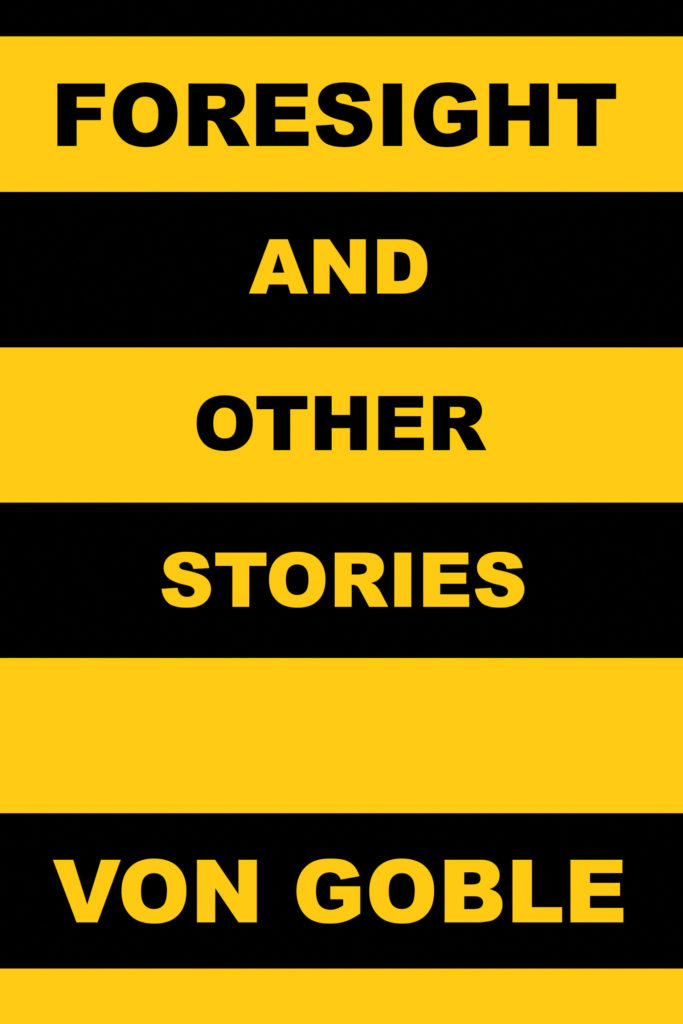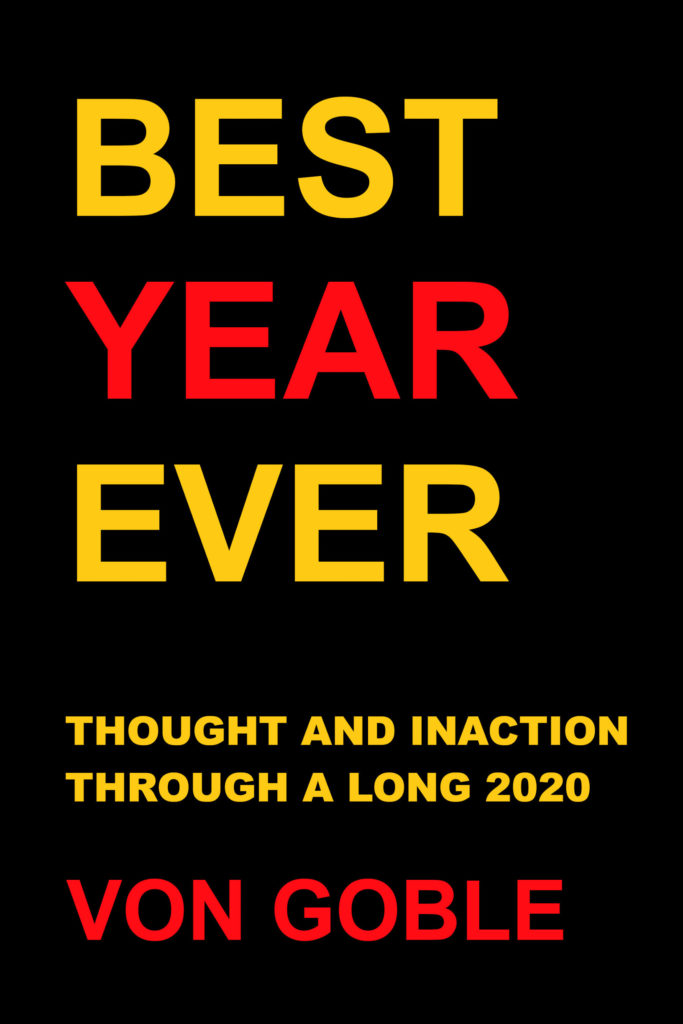Seldom is a sequel widely recognized as superior to its predecessor, with most follow-ups struggling to recapture the relevance or dynamism of the original. There are exceptions—Aliens comes to mind. But they are few and far between. As often as not, a sequel is a shameless and hamfisted cash grab, with remakes typically no better. Yet Joker: Folie à Deux has failed to meet even these modest expectations, with the film unlikely to recoup production and marketing costs, much less prove profitable. Herein, we shall consider why, with my thesis being that the work’s badness is entirely by design—that it was meant to flop and flop hard and anger Joker’s diehard fans to the fullest extent cinematically possible. The motives for this are non-obvious. To understand them, we must consider the first film in the series, the social dynamics around it, and the achingly fragile authority of the creative elite.
Joker—a tragedy about a man trying to be funny—was a particularly odd choice for a Part II. Bleak, with minimal special effects, it was closer to a Korean motion picture or 1970s classic in its narrative and character development than a comic book film. Likewise, protagonist Arthur Fleck is more a spiritual cousin to Oldboy’s long-tortured and mentally unstable Oh Dae-su or Taxi Driver’s Travis Bickle than he is to the gleeful painted-face lunatic of Tim Burton’s 1989 Batman.
Despite this unusual heritage, Arthur Fleck is neither inherently politically incorrect nor controversial. He suffers and is angry, but only in a general and decidedly non-bigoted way. He blames no one race or tribe for his misfortunes. His mother may have abused him to no end and gaslit him at every turn, yet he harbors no ill will toward women, and his lack of a father has left him wanting nothing more than to be loved and understood. His romantic interest (however unaware she may be of this role) is Black, and his victims are privileged White men. His only friend is a height-challenged Englishman. Even Joker’s message, to the extent it has one, is anodyne, warning of the harms of untreated mental trauma and the dehumanizing effects of late-stage modernity and capitalism.
There is no self-evident reason why the filmmakers would need to distance themselves from this profitable and well-reviewed piece. Yet Joker: Folie à Deux allowed them to do just that, alienating its core audience in the process. The decision to emasculate and destroy a storied antihero and diminish long-term streaming revenue for the original was neither irrational nor ill-advised, given the environment in which the filmmakers work and live and their well-founded personal and professional concerns. Unveiling these will do much to make visible the considerable differences between the creative and administrative elect and everyone else and why so few modern films deeply engage audiences on an emotional and empathetic level.
Unforgivable Evil and Proximal Sins
To grasp why the makers of Joker—a film closely aligned enough with the politics of good people to warrant no expurgation—needed to efface the film and market they created, one must understand the two categories of political guilt: The first is that resulting from action—the second, from association.
A sin of action is, at least in theory, easy to explain: Use the wrong words, attack the wrong group, question the efficacy of the accepted nostrums for society’s ills or the credo of the powers that be, and expect to be attacked, shunned, abused, de-banked, defunded, and (possibly) defenestrated.
In practice, determining if one is in violation of the unwritten rules of a culture or subgroup is no mean feat, particularly when these norms shift as quickly as the desert sands and are often applied retroactively. This uncertainty is a feature, not a bug, working exactly as intended to keep every group member doubtful of his position’s power and durability and to allow the group to cast out any member whenever doing so benefits the collective or the collective’s ideology. Show me the man, and I’ll show you the crime—Beria’s method is no more unique to the Soviet Union than guns are to the political right. Tools have no loyalty, only users.
Were all this not enough to keep a member of the in-group on edge, the second category—sins of association—looms as a greater and more ambiguous threat. Not only must one not violate unwritten rules (of which there is an entire invisible book), but one must also not sympathize (or appear to sympathize) with the wrong people if wishing to keep the company of the right ones. And this is where Todd Phillips and Co. transgressed. Joker, as the first R-rated film to gross one billion USD worldwide, broke projections in a way that the studio and filmmakers could not have predicted. Such would seem an accomplishment—most businesses like making money, including Warner Bros., one assumes—but the issue is that of the audience.
There are few groups one can still safely deride in the United States without fear of social repercussions. Women are almost singularly off limits (unless they are conservative, in which case they are fair game for sporadic harassment). The ridicule of minorities is equally verboten. But Whites, White men most of all, remain a safe target for humor, ridicule, and the occasional perplexed ponderings as to why they want to watch the world burn.
Thus, it must have been with a certain chagrin that the establishment slowly came to realize that one of its cultural products resonated with those creatures—largely non-wealthy, non-leftist White men who are (or perceive themselves as being) on the outs of society. To a well-informed person, Joker having a fanbase so composed would seem inevitable. Yet we must remember the profound and hermetic segregation of the American chosen ones from the proles. This same highborn group was briefly at a loss for words (an infrequent occurrence) at the election of Donald Trump, going so far, however inconsistently, as to do a bit of pontificating before the guttural howling resumed.
It is this—the unfortunate fortune of making a fortune by appealing to the wrong unfortunates—that doomed Arthur Fleck and his makers to an act of penance: making another movie that tells fans to “go f-ck themselves,” letting them know that they, not the establishment, are the butt of the joke.
There are economic costs to being tossed out into the cold—fewer opportunities for deals and less in the way of insider information about trends, investment opportunities, and major market players. However, focusing on these is missing the point. The real risk is not pecuniary but personal.
With Fairweather Friends Like These
Americans are isolated, and their community and connections to those around them—their social capital—have been declining for decades. The very notion of being ostracized makes less sense to the average American by the year. One can lose his job, home, and life—material and tangible concerns—to the faceless rage mobs and the leaders of the rumor mills. But social exclusion, which may well have few instant economic effects, has been rendered almost perfectly ineffective as a weapon simply because many Americans have so little connection to the communal that they would neither know nor care were they shunned, any more than the average camel would be concerned about being unenrolled by a school of salmon.
The elite are different. They know people. Word of mouth gets them jobs. Handshakes and legacy status can help their children get into the right universities. Then, there is the interpersonal element itself. The thought of being expelled from a community is difficult to fathom for those who have never been part of one. To an outsider, such ejection may seem irrelevant to the independently wealthy. Why, asks the baffled bumpkin, would a rich man care what people think of him? Why not buy an island somewhere sunny and live the dream, chatterers and gossips be damned?
This question is worth considering, and for the individualist, the philosopher, and the forever alone, the answer is that they (the rich) have no reason to attend to such petty concerns. Somewhat ironically, many of the people to whom Joker appealed are the most likely to ask this question and the least likely to be able to answer it.
But they are rarely invited to parties.
The dynamic above is not unique to Hollywood, with Glenn Greenwald (of the Snowden revelations fame) leveling similar criticisms against The Intercept, a publication he cofounded. An examination of Greenwald’s history with The Intercept and what caused him to separate from the organization and venture into the precarity of Substack publishing shows how powerful social factors can be in dictating actions and shaping the range of acceptable discourse.
The immediate cause of Greenwald’s departure was the unwillingness of the editorial board to allow the uncensored publication of an article by Greenwald about the relationship between the Biden family and the Ukrainian energy company Burisma. The reasons for this refusal were less journalistic than political, reflecting a reluctance to allow anything deleterious to the Biden campaign to see the light of day.
Greenwald recognized this as part of a more significant trend away from boldness and truth-seeking in the organization, with the journal growing increasingly hesitant to publish anything that violated the liberal orthodoxy. Greenwald never alleged that Pierre Omidyar, the primary benefactor of The Intercept, reneged on his promise to fund the organization in a hands-off manner. On the contrary, he argued that Omidyar was a man of his word. Thus, money was not the driving concern for such censorship, so what remains? The answer lies in how journalists are educated and hired.
Before the growth of journalism schools, the profession of newspaperman drew a certain number of populists and champions of the working class, with many of the more prominent and respected writers of the 1950s being of humble origins. (Ernest Hemingway began reporting for the Kansas City Star shortly after he graduated high school.) Now, journalists at major papers have more in common with the 1% they occasionally criticize than with the average American. They have attended a select number of prestigious schools, made certain friends and relationships, and are deeply integrated into the structures of power. The likes of cigar-chomping Jimmy Breslin are rarer in the newsroom than Bush-administration ally (and Barnard College graduate) Judith Miller, who dedicated considerable ink to supporting the false WMD-in-Iraq narrative.
These people know people. And they would prefer to avoid being denied precious breaths of the wonderfully rarified air of civilized company. People in the film industry know people as well. Of course, filmmaking is a global industry. Powerhouse actors and directors could move abroad, with international investors happy to subsidize creative endeavors galore. If Park Chan-wook can make a highly regarded American movie, what is to say that an American director could not make a Korean one (assuming said director chose to work at all)?
Yet for those unaccustomed to it, social exclusion is a terrible prospect with potential physical and psychological effects. It is more frightening still to those whose identity rests on a sense of supremacy over the Morlocks of flyover country. In a society with an almost exclusively hereditary class structure—such as the United Kingdom—a lord’s or lady’s regency over the peonage cannot easily be called into question. Richard John Bingham, 7th Earl of Lucan, for example, retained his title of nobility despite being accused of killing his children’s nanny and subsequently disappearing, gaining the honor, in fact, of becoming a mustachioed Loch Ness Monster in miniature, with supposed sightings in Africa, India, and New Zealand. But in the comparatively dynamic United States—a nation both fixated on and hesitant to acknowledge social station—one’s place in the grand order is considerably more subject to change, and a member of the elite risks being thrown to the wolves (along with his family) and losing a lifetime’s worth of effort, useful connections and affiliations, and his very sense of self if he crosses certain boundaries. As vulnerable as the Eastern Seaboard, Yale-educated masters of the universe are to this, the Hollywood elite are even more so, with their status as the most special of the most special soiled by the awful necessity that their product must draw the unwashed, untrained, and unperfumed masses to theaters (at least some of the time). This, combined with the ignorance of ordinary life of those whose feet are too blessed to touch the ground, makes the hinterlands of big box retailers and cheap beer a dark and dreadful forest.
Cui Bono?
We can now answer a question posed by more than one writer: Who is Joker 2 actually for? And just as importantly, why was it made?
The answer is threefold: First, it was made to appease the elite social and political gatekeepers. Second, it was made to insult and antagonize the audience of the original film. Third (and the ultimate reason for the prior two), it was made for the filmmakers and studio executives so that they could return to the good graces of the beings who matter and again be welcomed to soirees. Few are brave enough to accept a Judge-style Long Walk exit to the Cursed Earth and the task of imposing order on a world of chaos and savagery. (By this, I mean teaching film at a state college.)
How else can one explain Todd Phillips’ decision to make a movie he knew would lose his backers a fortune, completely removing DC Comics from the decision-making process, thereby cutting out the entity most invested in ensuring the integrity of the Joker brand?
Joker: Folie à Deux was an act of self-flagellation for devotees of the cult of the mighty, and such acts are rarely pretty. That this would confuse a great many of us is not surprising. This religion, this club for the beautiful ones, may well be big.
But we are not in it.


The Rules
The Rules is a philosophy and self-inquiry text designed to help readers develop mental discipline and set life goals. It does this by way of guided readings and open-ended questions that facilitate the rational and systematic application of each Rule.
Put another way: The Rules is a book designed to help men survive and thrive in the West.
Foresight (And Other Stories)
Four tales across time and distance. Always satirical and frequently dark, this collection considers the breadth of isolation and the depth of connection.
Brant von Goble is a writer, editor, publisher, researcher, teacher, musician, juggler, and amateur radio operator.
He is the author of several books and articles of both the academic and non-academic variety. He owns and operates the book publishing company Loosey Goosey Press.









The Intercept was run by the FBI/CIA. Great idea! Whistleblowers presented their stuff and were immediately arrested and removed from sight, and their whistleblow was rewritten to fit the FBI/CIA narrative and then published.
When Greenwald figured out that Intercept was to capture whistleblowers and make sure no one would ever hear their whistles blow, he departed.
Great work by the FBI/CIA!!! Lots of whistleblowers caught and put away and everyone could read the official FBI/CIA narrative, and ONLY the official FBI/CIA narrative, and what could possibly be better than that??? USA is #1!!!
While I wouldn’t entirely dismiss the possibility of the CIA using The Intercept as a trap, I question why Greenwald would remain silent on the matter. He has already shown a willingness to confront the intelligence community, and it’s hard to imagine the establishment could harbor more animosity toward him than they already do.
The Arkhaven Comics blog had substantially the same take, but its worth reading both reviews:
https://arkhavencomics.com/2024/10/06/know-your-place-echo-males/
Having not seen either movie, I am now wondering what the reaction would have been if the second Joker movie had come out first, and then the studio released the first one later as a prequel.
Thank you for the link. I can definitely see the similarities. Had the second Joker film been released first, I imagine the public would have seen it as evidence that Todd Phillips had significantly improved as a director in the intervening years.
Probably one of the US’s most overlooked writers: https://en.wikipedia.org/wiki/Henry_George
Unrelated comment for Ian Kummer, simply because he will probably see a comment here earlier than a Quora comment.
Ian’s response to the Quora question “What would happen if black people controlled Europe” is really one of his best pieces of writing and really should be re-posted here.
The way Quora is organized is that if you want to post a link to an essay, it will often show up buried behind a lot of much worse essays, for example:
https://www.quora.com/What-would-happen-if-black-people-controlled-Europe
Where Ian’s essay is buried under a ton of what seem to be AI generated responses. Its worth re-linking to on other forums and that would be easier if he reposted the essay here.
Hi Ed, I did see this and thanks for the comment. I write a lot on Quora but am often unsure what is good enough to be worth sharing here.